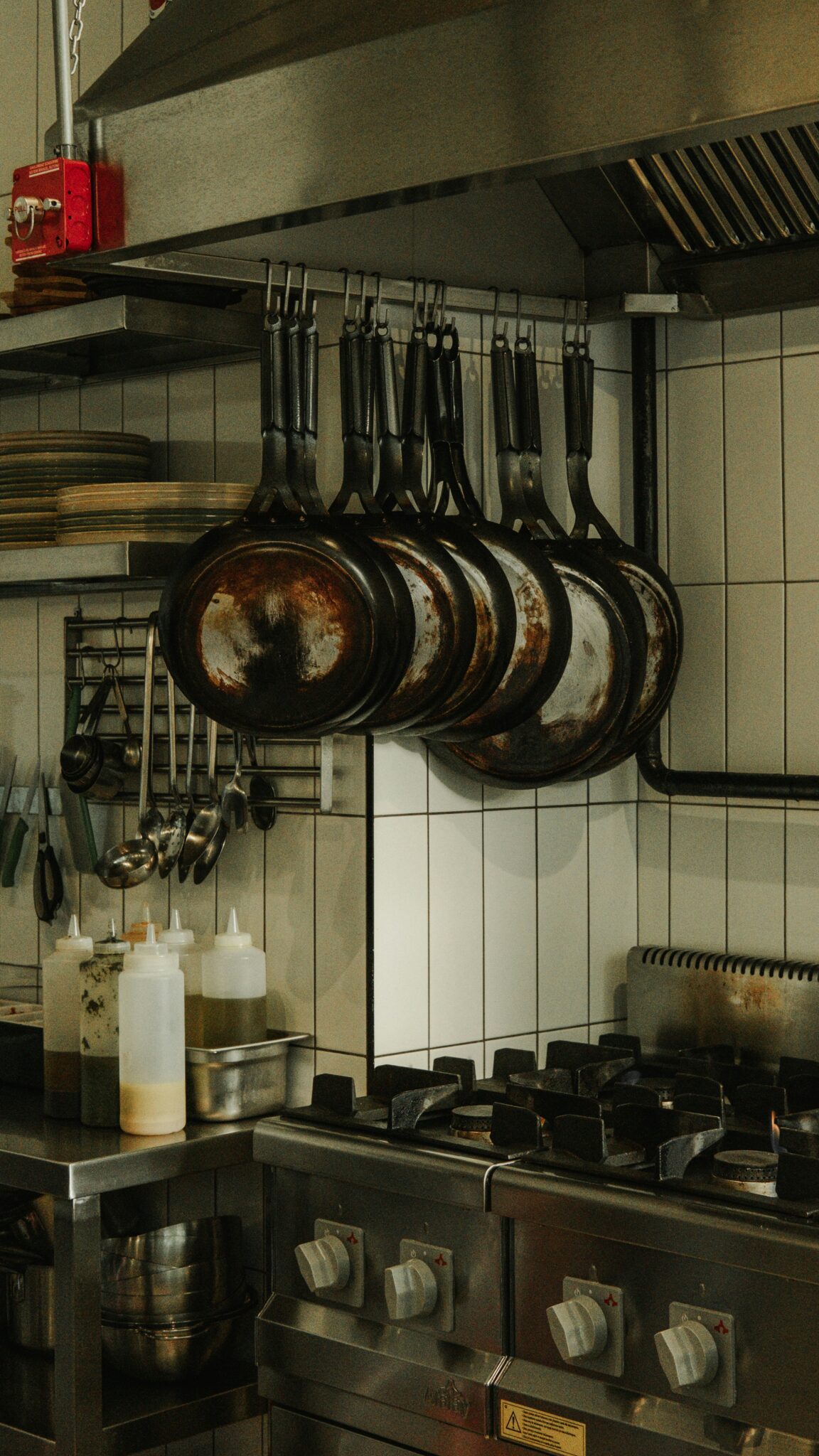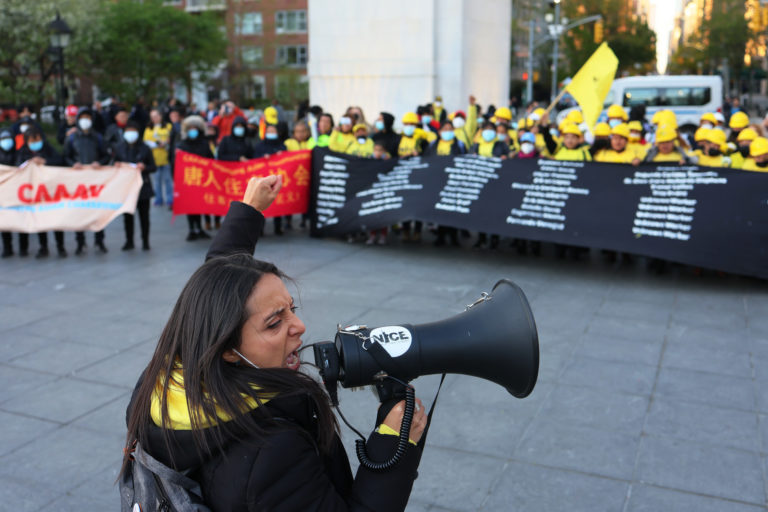
Esther Ritchin is a student at Harvard Law School.
In today’s News & Commentary, worker interviews raise concerns about the enforcement of California’s new indoor heat protections, SAG-AFTRA celebrates the progress of an AI regulation bill in California, and preventable trench collapses threaten worker safety.
California’s new indoor heat protections went into effect about four weeks ago, but, according to reporting by the LA Times, many workers are unaware of the new standards, and many employers are failing to abide by them. The LA Times interviewed several workers, including a Taco Bell employee, a dishwasher, and a commercial laundry worker, all of whom struggled with severe heat in their workplaces. The Taco Bell in question went on strike after the worker interviewed nearly fainted at work, and only learned of the new protections when they filed a complaint. According to the LA Times, the new protections were mostly being observed in workplaces where these protections were included in union contracts and in industries where these types of protections were already standard. These new protections come at a time of concern about Cal/OSHA’s capacity to enforce California’s outdoor heat protections.
The Screen Actors Guild – American Federation of Television and Radio Artists (SAG-AFTRA) is celebrating the California Senate passing a bill that would regulate the replacement of human performers with artificial intelligence. The use of artificial intelligence instead of human performers has been a major concern for the union for a long time, and this bill, which would ensure regulation in the state where many of their members work, has been a priority for the union. The bill will now land on Governor Gavin Newsom’s desk.
As infrastructure projects continue to soar thanks to federal investments, construction workers are increasingly working in trenches, resulting in worker deaths from preventable trench collapses. While the Occupational Safety and Health Administration (OSHA) requires employers to have a safety system for trenches deeper than five feet, the consequence of employers failing to do so is too often just a citation and a fine–too often after, not before, a worker death. According to reporting from Texas Public Radio, 250 workers have died in trench collapses in the past decades, and only 11 of those deaths have resulted in criminal charges for the employer.






Daily News & Commentary
Start your day with our roundup of the latest labor developments. See all
December 19
Labor law professors file an amici curiae and the NLRB regains quorum.
December 18
New Jersey adopts disparate impact rules; Teamsters oppose railroad merger; court pauses more shutdown layoffs.
December 17
The TSA suspends a labor union representing 47,000 officers for a second time; the Trump administration seeks to recruit over 1,000 artificial intelligence experts to the federal workforce; and the New York Times reports on the tumultuous changes that U.S. labor relations has seen over the past year.
December 16
Second Circuit affirms dismissal of former collegiate athletes’ antitrust suit; UPS will invest $120 million in truck-unloading robots; Sharon Block argues there are reasons for optimism about labor’s future.
December 15
Advocating a private right of action for the NLRA, 11th Circuit criticizes McDonnell Douglas, Congress considers amending WARN Act.
December 12
OH vetoes bill weakening child labor protections; UT repeals public-sector bargaining ban; SCOTUS takes up case on post-arbitration award jurisdiction